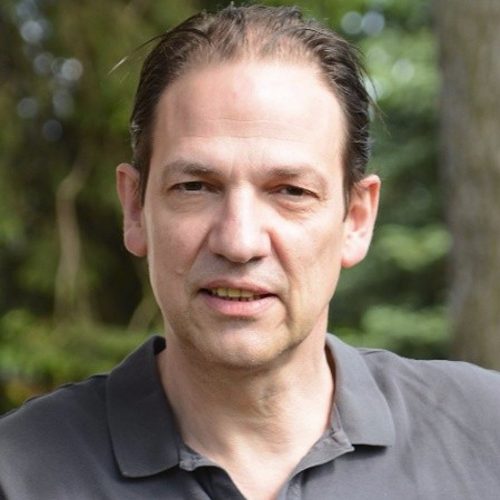
Wilhelm Haverkamp
Professor of Internal Medicine/Cardiology
Charité Universitätsmedizin Berlin, Berlin, Germany
Biography
Professor Dr. Wilhelm Haverkamp serves as a distinguished faculty member in the field of Internal Medicine and Cardiology at the Department of Cardiology, Charité – Campus Virchow, Humboldt University of Berlin, Germany. His journey in the medical realm commenced at the University of Münster, Germany, where he earned his M.D. degree with honors (magna cum laude). Dr. Haverkamp honed his skills in internal medicine and cardiology at the University Hospital Münster, Germany.
With a rich history spanning 25 years, Dr. Haverkamp has been an avid contributor to scientific research. His areas of expertise encompass arrhythmias and congestive heart failure. He has undertaken a multitude of experimental and clinical studies, delving into the pathogenesis, clinical presentation, diagnosis, and treatment of these conditions. His scientific curiosity, since the late 1980s, has been deeply rooted in disturbances of myocardial repolarization and the impact of pharmaceuticals on repolarization. Notably, he played a pivotal role in organizing the Policy Conference on "The Potential for QT Prolongation and Proarrhythmia by Non-Antiarrhythmic Drugs. Clinical and Regulatory Implications" held at the European Heart House in Sophia Antipolis, France, in June 1999.
Dr. Haverkamp's prolific scientific contributions are documented in more than 250 publications across reputable scientific journals.
Furthermore, Dr. Haverkamp actively participates in advising on various new drugs. He has held the position of principal investigator in clinical trials related to innovative treatments for arrhythmias and congestive heart failure. He also serves on several data and safety monitoring boards and critical event boards. His affiliations include membership in prestigious cardiological societies, such as the German Cardiac Society, European Society of Cardiology, Working Group on Arrhythmias of the European Society of Cardiology, and the German Society of Medical Informatics, Biometry, and Epidemiology. Notably, he is a Fellow of the European Society of Cardiology.





